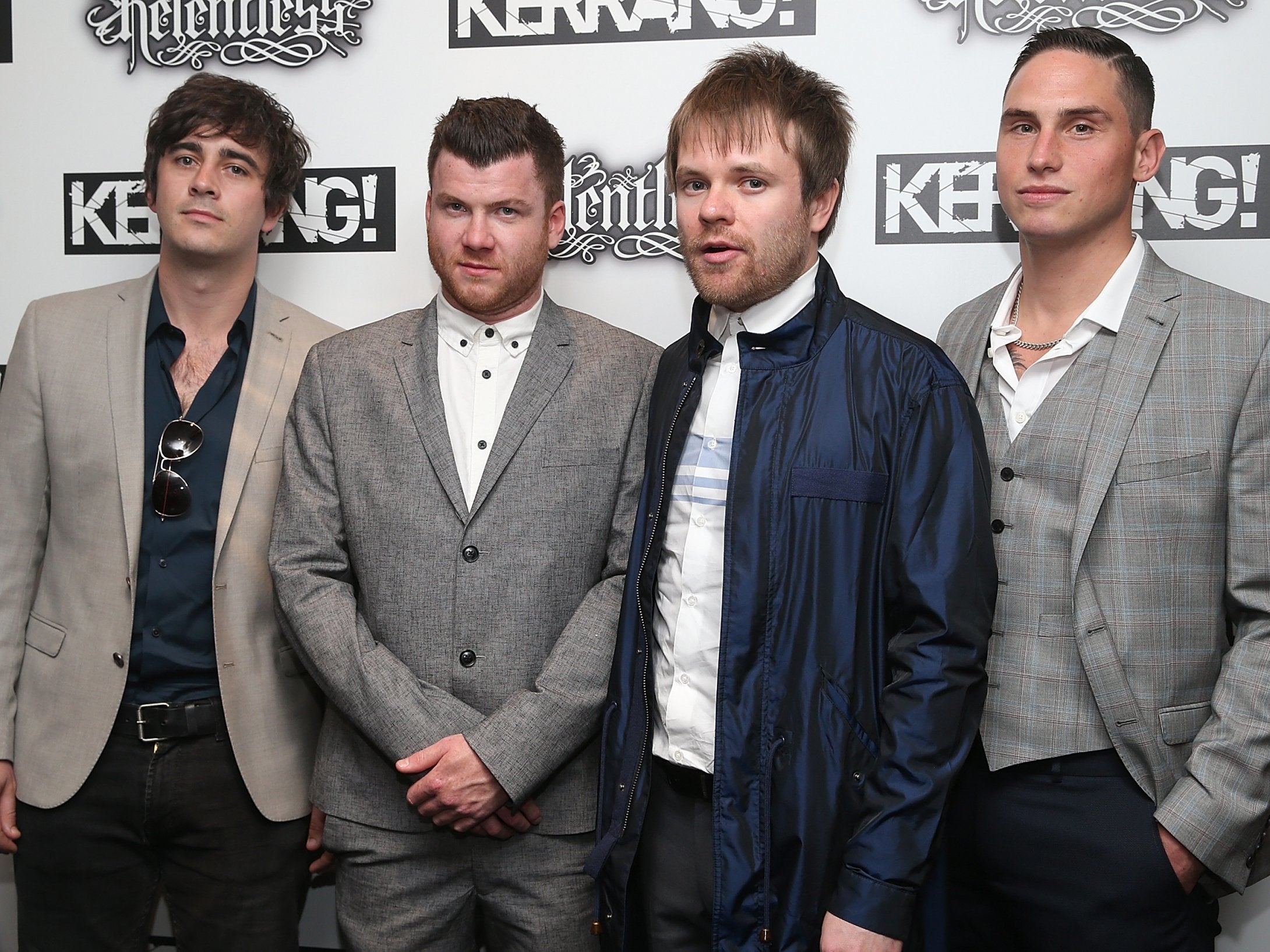Iconic Noughties station Kerrang to close as part of Channel 4 cuts
Fans mourn ‘end of an era’ after the station, which launched in 2001, was announced as a victim of Channel 4’s ongoing budget cuts

Your support helps us to tell the story
From reproductive rights to climate change to Big Tech, The Independent is on the ground when the story is developing. Whether it's investigating the financials of Elon Musk's pro-Trump PAC or producing our latest documentary, 'The A Word', which shines a light on the American women fighting for reproductive rights, we know how important it is to parse out the facts from the messaging.
At such a critical moment in US history, we need reporters on the ground. Your donation allows us to keep sending journalists to speak to both sides of the story.
The Independent is trusted by Americans across the entire political spectrum. And unlike many other quality news outlets, we choose not to lock Americans out of our reporting and analysis with paywalls. We believe quality journalism should be available to everyone, paid for by those who can afford it.
Your support makes all the difference.After more than 20 years, rock TV station Kerrang will close amid Channel 4’s series of restructures, along with other music channels The Box, Kiss, Magic and 4Music.
Launched in 2001, Kerrang became known for nurturing indie rock and nu-metal bands such as Paramore, Fall Out Boy, and Panic! At the Disco, offering music fans an important gateway into heavy and alternative music.
A spokesperson for Channel 4 said in February that the channels “no longer deliver revenues or public value at scale”, stating that the broadcaster’s new strategy is to focus on its digital outlets.
All five channels will close on 30 June and disappear from all available platforms, including Sky and Virgin Media.
A spokesperson said: “As we announced earlier this year as part of Channel 4’s digital-first Fast Forward strategy, will be closing our Box network of channels from 1 July across all platforms, as they are no longer of sufficient scale to deliver meaningful return on investment.
“Our strategy reflects the generational shift in TV viewing and involves reducing costs, particularly in linear activities, to allow us to invest in digital priorities and stay competetive in a world of global entertainment conglomerates and social media giants.”
Many fans are viewing the channels’ closure as the “end of an era”.

In February, Architects frontman Sam Carter told BBC Newsbeat that Kerrang was a “staple” of his childhood: “I spent so many hours watching it and when I finally saw our videos on there it was such an awesome moment.”
He added: “I feel like it was a really important place as a gateway into heavy and alternative music.”

Meanwhile, Enter Shikari’s Rou Reynolds said he felt that social media platforms such as TikTok failed to offer the same sustained levels of exposure for bands that channels such as Kerrang once did.
“What places like Kerrang TV do is all the hard work for you,” he said. “You’re more likely to be introduced to music that you’re going to be excited by if you’re into alternative music or rock music.”

Responding to the news on X, formerly Twitter, several music fans said their teenage years would have been much “harder” without the station, which aired music that made them feel heard and understood.
“My teenage years would’ve been a whole lot harder without Kerrang TV,” podcaster Scott Wilson said. “It was the soundtrack to my life, it was how my friends and I picked gigs to go to, it was how I chose what CDs to buy (and which songs to Limewire). RIP old friend.”
Music fan Aoife wrote: “Kerrang TV and Kiss have passed away. RIP u will live on forever [sic]. Cant believe it. I wanna run to u. Really cant believe this.”
“Kerrang TV was a gamechanger for my taste in music in the early-mid 2000s,” Sarah Parkin said. “If it goes do I officially become old?”
Join our commenting forum
Join thought-provoking conversations, follow other Independent readers and see their replies
0Comments